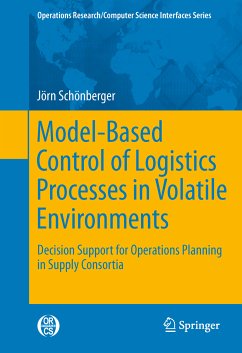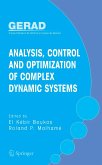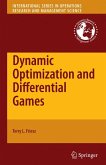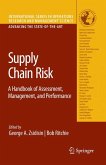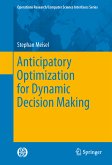Existing process planning approaches for volatile environments and their application boundaries are investigated in Part I. Part II introduces the concept of feedback-controlled adaptive decision models and proposes the required extensions of the online decision making framework and of multi-agent systems. A comprehensive evaluation of the proposed decision model adaptation framework based on computational simulation experiments is reported in Part III and demonstrates the predominance of the new approach.
Distinguishing features of this book are:
-It provides the first contribution to the operational management of processes in supply networks that explicitly addresses the two challenges of dynamics and distributed decision making simultaneously.
-It systematically approaches the limits of model-based process planning but also proposes methods to extend the application boundaries.
-Software prototypes are developed and a comprehensive evaluation within numerical simulation experiments is executed.
-The observed results are discussed with an explicit focus on specific performance indicators (flexibility, stability and robustness).
-The strict interdisciplinary approach merging the requirements and needs of management sciences, operations research and computer sciences is pursued throughout the book.
Dieser Download kann aus rechtlichen Gründen nur mit Rechnungsadresse in A, B, BG, CY, CZ, D, DK, EW, E, FIN, F, GR, HR, H, IRL, I, LT, L, LR, M, NL, PL, P, R, S, SLO, SK ausgeliefert werden.
Hinweis: Dieser Artikel kann nur an eine deutsche Lieferadresse ausgeliefert werden.

